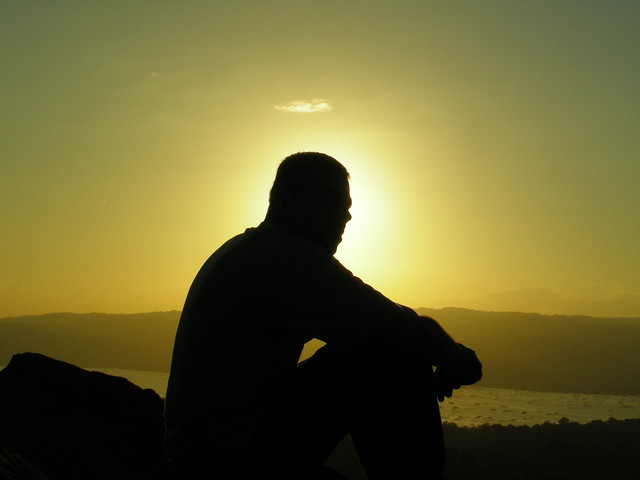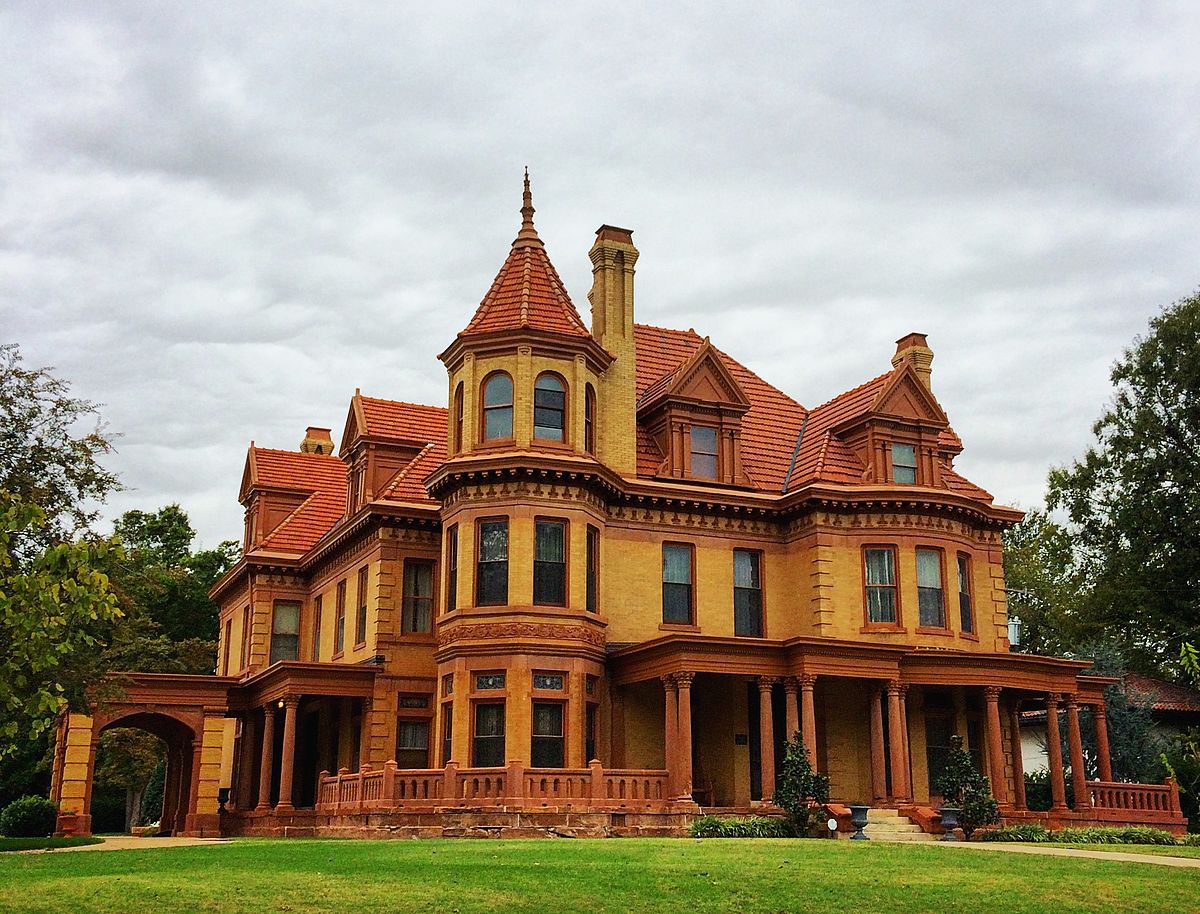“And Moshe called …” (35:1)
The Yalkut (Remez 408) has an astounding teaching: The one and only time the Torah says “Vayakhel” (referring to the fact that Moshe proactively and deliberately gathered all the Jews together), was for the building of the Mishkan.
I heard from Rav Yitzchok Fingerer that the Avnei Nezer and the Ohr Pnei Moshe (Rav Avrohom Moshe of Pshevorsk, zt”l) explain why the singular usage of “Vayakhel” is in reference to the investiture of the Mishkan. The Mishkan was Hashem’s holy abode in our midst. It was Hashem’s dwelling place on earth. The Shechina (Divine Presence) would manifest and reside amongst us mortals and humans.
People are far from perfect. We all have moments in which we falter and fail. We are all prone to miscalculations, mistakes and errors. Each and every one of us have imperfections and weaknesses. Why would the flawless and infallible, the celestial and divine, the Shechina, descend to a mundane and prosaic habitat?
Why does Hashem choose to rest amongst us? Because despite the fact that we humans are fraught with shortcomings and sullied in mire and grime, we are his children. A loving father chooses not to perceive the failings but to unconditionally recognize the virtues and merits.
However, there’s one caveat and crucial condition for the Mishkan to be built, for the Shechina to envelop us. The children, Klal Yisroel, need to be united. They need to stand together in peace and harmony, no matter what. This is exceedingly challenging. Difference of opinion, even (Continued on page 2) divisiveness, dissention and altercation may arise. There will be those that feel compelled to splinter from the group. Some will conceive of forming a break away unit. When such situations arise, it is incumbent on us to not capitulate to our own predilections, whims, or preferences but to sublimate our inner desires to maintain unity at all costs.
It isn’t easy. It takes great strength, conviction, and courage. We want to show our frustration, disappointment, or pain. What better way than to ceremoniously leave? Yet, the Torah teaches that creating a chasm or showing to others disunity is the worst sin. Instead, we need to relinquish our egos and the desire for justice, vengeance and vindictiveness for the sake of Shalom.
The Zohar Hakadosh teaches that when we stand together, notwithstanding our grievances, we can’t be harmed or destroyed. This is the ultimate protection from the terrible virus that has been plaguing the world.








